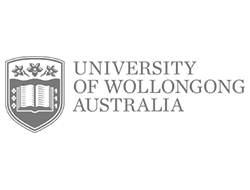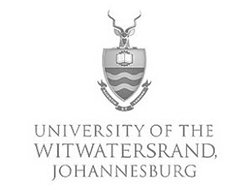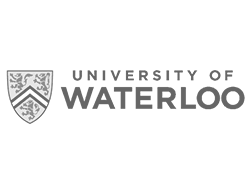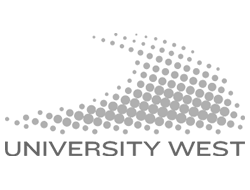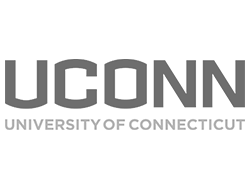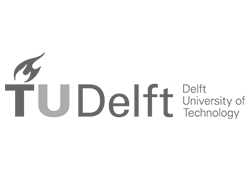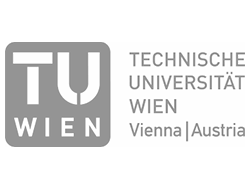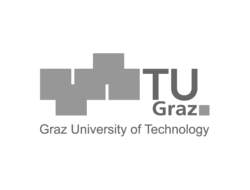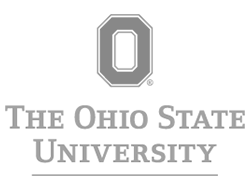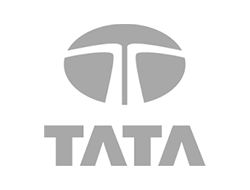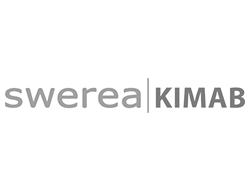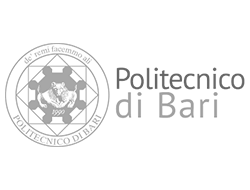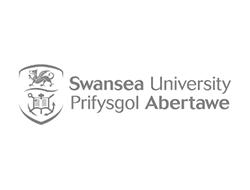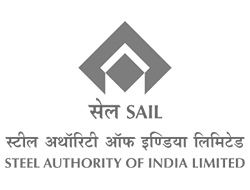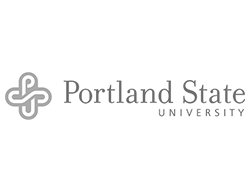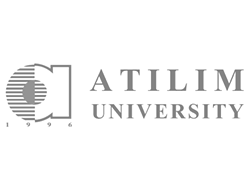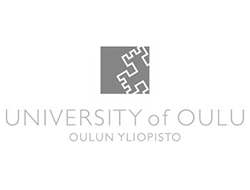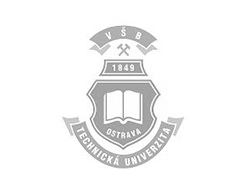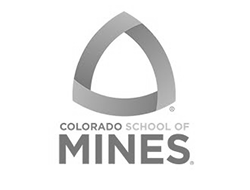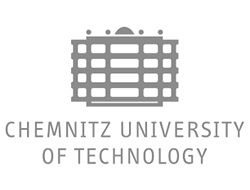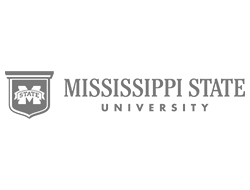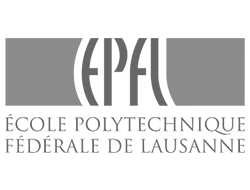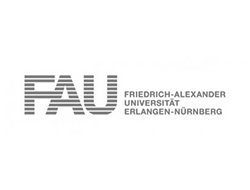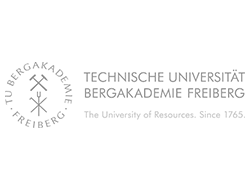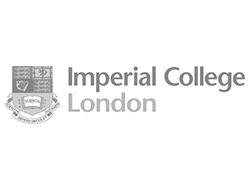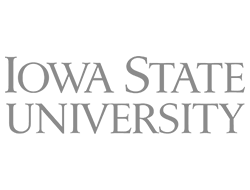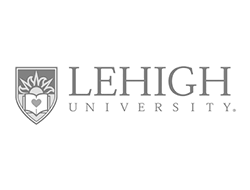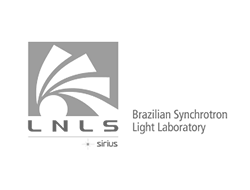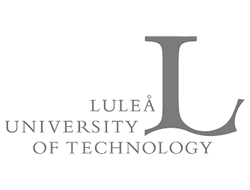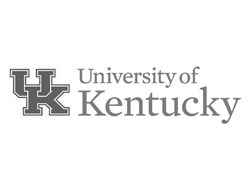University of Birmingham
The Net Shape Manufacturing Laboratory, associated with the Interdisciplinary Research Centre in High Performance Materials at the University of Birmingham, has a mission: to provide world class research and development into the cost-effective and environmentally-responsible net shape manufacture of metallic, ceramic and polymeric components, and to transfer the results to industry. The Gleeble 3500 was purchased to support the research programs in net shape manufacture by providing accurate materials data to use in process models.
For Dr. Claire Davis, lecturer in metallurgy and materials, and her colleagues at the University of Birmingham, the Gleeble 3500, which was installed nearly a year-and-a-half ago is a powerful research tool for helping to achieve those aims. "Lots of different people use the Gleeble to support their research," Dr. Davis says, "including research graduate students and post-doctoral researchers as well as people from outside the University, including from other universities and companies."
Examples of research carried out to support net shape manufacture includes using the Gleeble's thermo-mechanical capabilities to examine forging deformation behavior on the mechanical properties of a range of materials including steels, nickel based alloys, titanium alloys and even plasticene (for modeling purposes). A mixture of plane strain and uni-axial compression tests have been performed.
The versatility and control of the Gleeble means that it is now also used in other research projects not associated with net shape production. Some researchers are using the Gleeble to perform heat-affected zone simulations on structural steels that are used in powerplants. They are examining embrittlement during fabrication and operation that can be represented by complex heat treatment cycles. Work is also being carried out to examine the influence of microstructural features on the initiation of cleavage in heat affected zones, for example in titanium containing steels.
Investigators of tool steels are looking at the generation of constitutive equations for modeling the machining process in terms of heat generated, chip formation, and stress/strain relationships at temperature. The materials information generated using the Gleeble will be used to increase the accuracy of the finite element models developed for these steels. Other investigators are working with titanium aluminide alloys, for the aerospace industry, examining the effect of composition on phase stability and transformation behavior.
The Gleeble strip annealing system has recently been purchased and will be used in a project which aims to develop a practical system to monitor steel transformation behavior in-situ during cooling after hot strip rolling. Measurements made in the Gleeble, using both rod and strip samples, will allow accurate calibration (with respect to microstructural development) and further development of the system. This is a typical example of a multi-disciplinary research project (involving several companies, including Corus — formerly British Steel, and another university) that requires the capacities that the Gleeble offers to be successful.
"The Gleeble allows use to increase the scientific understanding in some of the research projects," Dr. Davis says. Dr. Davis adds, "Because of its thermo-mechanical capabilities and the level of control attainable, the Gleeble allows us to get the precision of processing and accuracy of information that we need."
This article first appeared in the Gleeble® Newsletter — Summer 2000.



